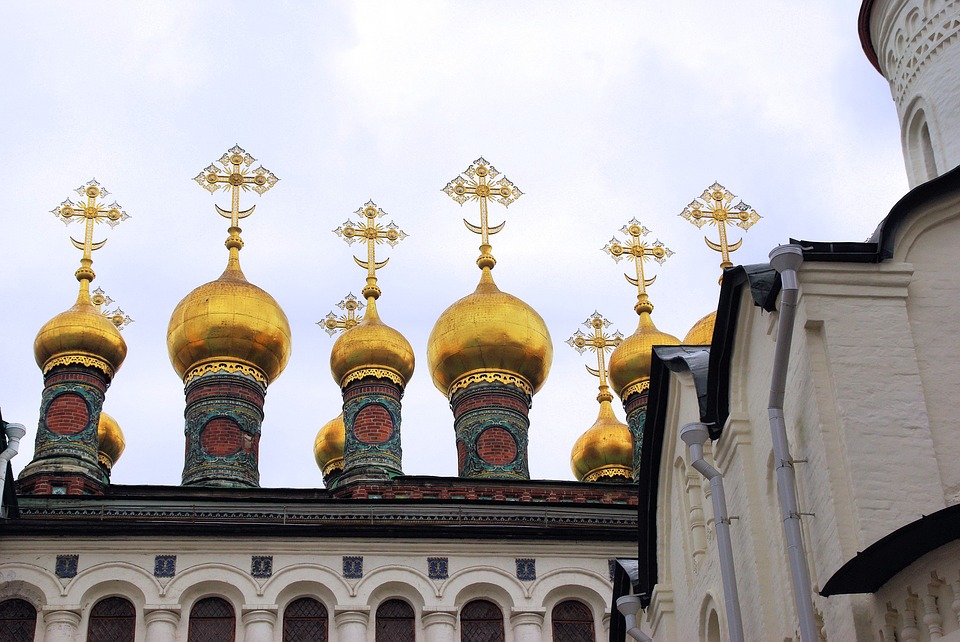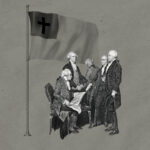The Story: Under the guise of implementing “anti-terrorism” measures, Russia has adopted new laws that restrict religious freedom and criminalize missionary activities.

The Background: According to the U.S. Commission on International Religious Freedom (USCIRF), Russian President Vladimir Putin signed into law measures that redefine “missionary activities” as religious practices that take place outside of state-sanctioned sites. The new law will ban “preaching, praying, proselytizing, and disseminating religious materials” outside of sites officially designated by the state. Citizens can also be fined up to $15,000 for engaging in these activities in private residences or distributing unauthorized religious materials through “mass print, broadcast, or online media.”
Foreign missionaries also must prove they were invited by state-registered religious groups and must operate only in regions where their sponsoring organizations are registered. Missionaries who fail to comply face harsh fines and deportation.
USCIRF also notes that current anti-extremism law allows targeting of religious groups that have never threatened or used violence. “Extremism” charges can include the peaceful promotion of “the superiority of one’s own religion,” and have resulted in religious texts being banned and its members imprisoned. The new anti-terrorism measures will increase prison terms under the current extremism law.
Why It Matters: Russia, one of the top-ten most populous nations on the planet, contains a large number of unreached people groups. According to the Joshua Project, about 13.4 million people (9.4 percent of the population) are unreached, and only 1.2 percent of the population is evangelical. The new law will impede the spread of the gospel and threatens to curtail the expression of our Christian brothers and sisters in that country. For this reason alone we should strongly oppose the totalitarian policy.
The promotion of religious liberty should also be a primary domestic and foreign policy objective of the United States. The joint freedoms of religion and conscience constitute the “first freedom” and deserve protection both in our own country and abroad. As Nebraska Senator Ben Sasse recently said, “This Russian law would be an affront to free people everywhere—at home and abroad—who believe that rights of conscience—the rights to free speech and to freedom of religion—are pre-political.”
“Governments do not give us these rights and governments cannot take them away,” said Sasse. “These rights of speech and religion and assembly belong to every man, woman, and child because all of us are image-bearers of our creator.”
Free eBook by Tim Keller: ‘The Freedom of Self-Forgetfulness’
 Imagine a life where you don’t feel inadequate, easily offended, desperate to prove yourself, or endlessly preoccupied with how you look to others. Imagine relishing, not resenting, the success of others. Living this way isn’t far-fetched. It’s actually guaranteed to believers, as they learn to receive God’s approval, rather than striving to earn it.
Imagine a life where you don’t feel inadequate, easily offended, desperate to prove yourself, or endlessly preoccupied with how you look to others. Imagine relishing, not resenting, the success of others. Living this way isn’t far-fetched. It’s actually guaranteed to believers, as they learn to receive God’s approval, rather than striving to earn it.
In Tim Keller’s short ebook, The Freedom of Self-Forgetfulness: The Path To True Christian Joy, he explains how to overcome the toxic tendencies of our age一not by diluting biblical truth or denying our differences一but by rooting our identity in Christ.
TGC is offering this Keller resource for free, so you can discover the “blessed rest” that only self-forgetfulness brings.


































